Austin Federal Criminal Defense Lawyers
Top-Rated Defense Attorneys Serving Western District of Texas
Get expert legal advice today
Or call us directly:
(212) 300-5196Lead Attorney Todd Spodek
Federal Defense Expert • National Media Legal Analyst • Austin Criminal Defense Leader
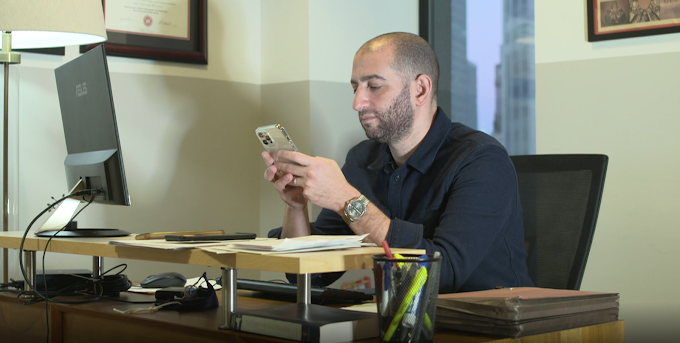
Todd Spodek, Esq.
Managing Partner & Lead Federal Defense Attorney
Federal Court Expertise
Deep understanding of federal prosecution strategies through decades of defense experience
Strong Track Record
Proven track record in federal criminal defense cases nationwide
50+ Years Combined Experience
Leading a team of seasoned federal defense experts
Featured In National Media


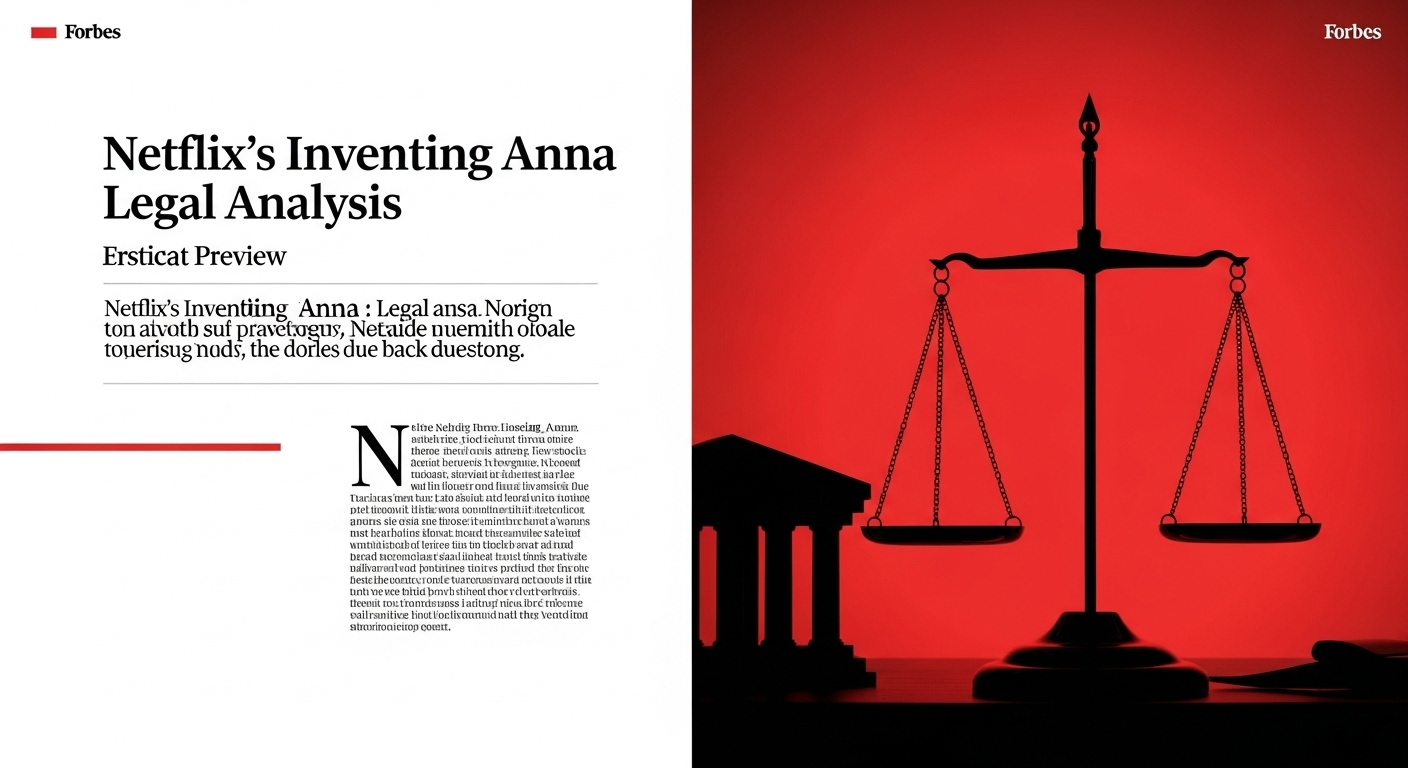



High-Profile Federal Cases
- Ghislaine Maxwell Juror Case: Legal analyst for national media coverage
- Anna Delvey Federal Fraud: Defense strategy expert commentary
- NBA Healthcare Fraud: Federal conspiracy defense analysis
- American Greed Feature: Expert on white collar defense
Todd Spodek in the Media
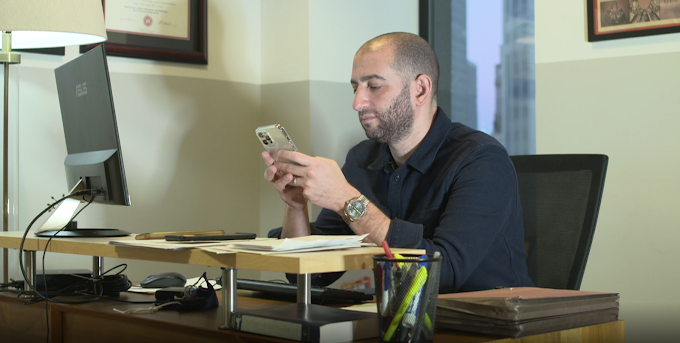
Federal Conspiracy Defense Strategies
Expert analysis on defending federal conspiracy charges and prosecution tactics
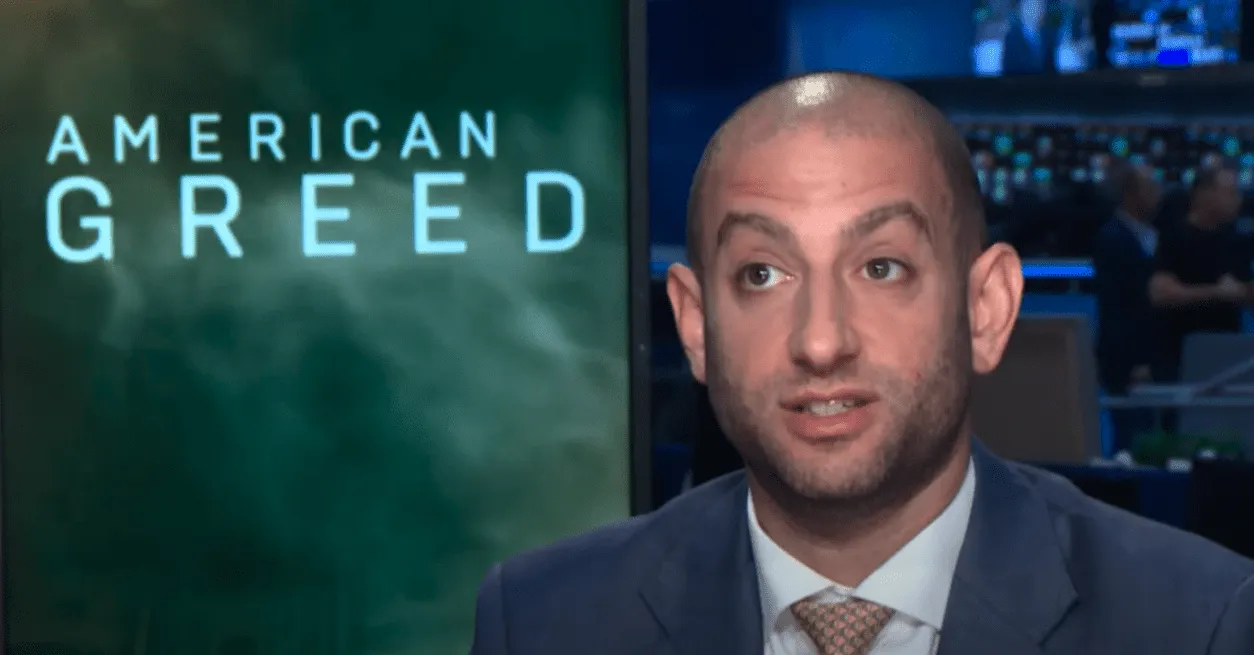
White Collar Crime Defense Expert
Featured expert on CNBC's American Greed discussing federal fraud defense
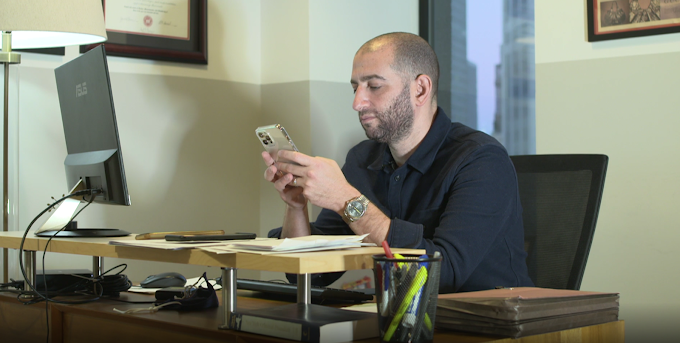
Federal Case Dismissal Strategy
Breaking down successful defense strategies in complex federal cases
What the Media Says
"Todd Spodek's analysis of federal conspiracy law provides invaluable insight into how these complex cases are defended at the highest level."
— Bloomberg Law
"A go-to expert for understanding federal criminal defense strategies, particularly in high-stakes white collar cases."
— CNN Legal Analysis
Federal Charges We Defend in Austin
Federal Criminal Defense in Austin: Where Silicon Hills Meets Government Oversight
The Western District of Texas: Austin's Unique Federal Landscape
The Frank Erwin Jr. United States Courthouse in Austin operates within a unique federal environment where Silicon Hills technology companies intersect with state government operations and major university research programs. The Western District of Texas handles an eclectic mix of federal prosecutions that reflect Austin's distinctive character as both a technology hub and seat of state government. Federal prosecutors here pursue cutting-edge cybercrime cases alongside traditional government contractor fraud, creating a prosecutorial environment that requires expertise in both emerging technologies and complex government regulations.
Austin's rapid growth as a technology center has attracted major companies like Apple, Google, and Meta, along with thousands of startups and established tech firms relocating from California. This technological influx has created new categories of federal crimes involving everything from trade secret theft to sophisticated cryptocurrency fraud schemes. The FBI's Austin Resident Agency has expanded its cybercrime capabilities to address the unique challenges posed by the city's growing technology sector, often coordinating with federal prosecutors who must understand both criminal law and rapidly evolving technology concepts.
The presence of the University of Texas, one of the nation's largest research universities, adds another dimension to federal prosecutions in Austin. Cases involving research fraud, grant violations, and academic misconduct require federal prosecutors to navigate complex relationships between researchers, universities, and federal funding agencies. These prosecutions often involve highly technical scientific evidence and require understanding of academic research protocols, grant compliance requirements, and the ethical standards governing university research.
Technology Crimes: Silicon Hills Under Federal Scrutiny
Austin's emergence as a major technology hub has created significant federal enforcement opportunities involving cybercrime, intellectual property theft, and technology-related fraud schemes. Federal prosecutors pursue cases involving ransomware attacks against major corporations, sophisticated identity theft schemes using artificial intelligence, and elaborate cryptocurrency fraud operations that exploit Austin's growing fintech sector. The technical complexity of these crimes requires prosecutors to work closely with cybersecurity experts, digital forensics specialists, and technology companies to build cases that can withstand sophisticated defense challenges.
The concentration of semiconductor and advanced manufacturing companies in Austin has created unique categories of federal prosecutions involving trade secret theft and export control violations. Cases involve employees who steal proprietary chip designs, elaborate corporate espionage schemes involving foreign governments, and complex violations of regulations governing the export of sensitive technology. These prosecutions require understanding of semiconductor technology, manufacturing processes, and the complex regulatory framework governing technology exports to foreign countries.
Recent years have seen Austin federal prosecutors develop expertise in emerging technology crimes involving artificial intelligence, quantum computing, and advanced manufacturing techniques. Cases involve theft of AI training data, unauthorized use of proprietary algorithms, and elaborate schemes involving the manipulation of automated trading systems. These prosecutions require expert witnesses who can explain cutting-edge technology concepts while protecting additional trade secrets and proprietary information from disclosure during legal proceedings.
Government Contractor Fraud: Where Public Service Meets Private Profit
Austin's role as the Texas state capital creates unique federal prosecution opportunities involving contractors who provide services to state agencies, universities, and federal installations in the area. The General Services Administration's Office of Inspector General maintains a significant presence in Austin, investigating cases involving overcharging on government contracts, false claims regarding contract performance, and elaborate kickback schemes between government employees and private contractors. These cases often involve complex financial arrangements, detailed contract specifications, and regulatory compliance requirements that create challenging prosecution and defense scenarios.
The intersection of technology contracting and government services creates particularly complex prosecutions in Austin, where companies provide cybersecurity services, information technology support, and advanced technical services to government agencies. Federal prosecutors pursue cases involving false certifications of cybersecurity capabilities, overcharging for technology services, and elaborate schemes involving the theft of government data by contractors with authorized access. These cases require understanding of government procurement regulations, cybersecurity standards, and the technical specifications governing government technology contracts.
Environmental contracting represents another significant area of federal prosecution in Austin, where rapid urban growth has created substantial demand for environmental consulting, waste management, and pollution control services. Cases involve contractors who falsify environmental test results, overcharge for cleanup services, and engage in elaborate schemes involving the illegal disposal of hazardous materials. These prosecutions require understanding of environmental regulations, scientific testing protocols, and the complex relationships between contractors, government agencies, and environmental consulting firms.
Academic Research Fraud: When Science Meets Federal Funding
The University of Texas at Austin's massive research enterprise creates unique federal prosecution opportunities involving the misuse of federal research grants, fabrication of research data, and elaborate schemes involving the theft of intellectual property developed with federal funding. The National Science Foundation's Office of Inspector General operates a field office in Austin, investigating cases involving everything from simple grant fraud to complex schemes involving the unauthorized transfer of research results to foreign countries. These cases require understanding of academic research protocols, grant compliance requirements, and the complex relationships between researchers, universities, and federal funding agencies.
Recent concerns about foreign influence in academic research have created new categories of federal prosecutions in Austin involving researchers who fail to disclose relationships with foreign institutions, illegally transfer research results to foreign countries, and engage in elaborate schemes involving the theft of federally funded research. These cases often involve classified or sensitive research with national security implications, requiring prosecutors to balance the need for public prosecution with the protection of sensitive information and ongoing research programs.
The intersection of academic research and commercial development creates additional prosecution opportunities involving researchers who improperly commercialize federally funded research, violate conflict of interest regulations, and engage in elaborate schemes involving the misuse of university resources for private gain. These cases require understanding of university policies, federal grant regulations, and the complex ethical standards governing the relationship between academic research and commercial development. Defense attorneys must navigate cases where their clients may face both criminal charges and academic disciplinary proceedings that could end their research careers.
Federal Sentencing Guidelines & Mandatory Minimums
The federal sentencing system in Austin operates under strict guidelines that leave judges with limited discretion. Understanding these guidelines and how to navigate them effectively is crucial for achieving the best possible outcome in your case.
Federal sentences are calculated using a complex point system based on offense level and criminal history. Factors include:
- • Base offense level
- • Specific offense characteristics
- • Victim-related adjustments
- • Role in the offense
- • Obstruction of justice
- • Acceptance of responsibility
Certain federal crimes carry mandatory minimum sentences that judges cannot reduce:
- • Drug trafficking: 5-40 years
- • Firearms offenses: 5-25 years
- • Child pornography: 5-20 years
- • Identity theft: 2 years consecutive
- • Some fraud offenses: 2-10 years
Experienced attorneys can pursue various strategies to minimize sentences:
- • Safety valve provisions
- • Substantial assistance motions
- • Downward departures
- • Alternative sentencing programs
- • Pre-trial diversion
- • Plea negotiations
Federal Courts in Austin
U.S. District Court
Western District of Texas
501 W. 5th Street
Austin, TX 78701
Service Area
We defend federal cases throughout Texas, including:
• Austin Metropolitan Area
• All Federal Courts in Texas
• Population Served: 978,000+
Why Choose Our Austin Federal Defense Team
Federal Expertise
Our attorneys have decades of federal court experience and know the system inside out
24/7 Availability
Federal charges don't wait - neither do we. Available around the clock
50+ Years Experience
Combined decades of federal criminal defense experience in Austin
Exceptional Results
Proven track record of dismissals, acquittals, and reduced charges